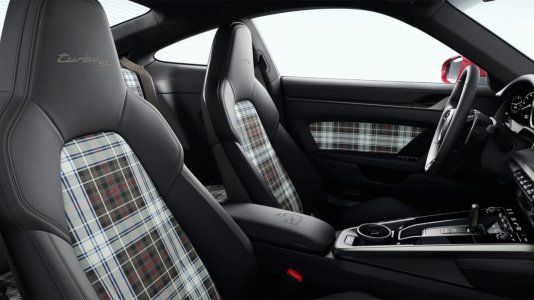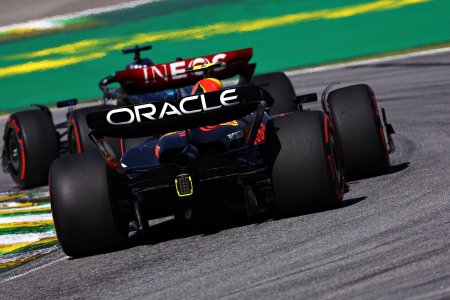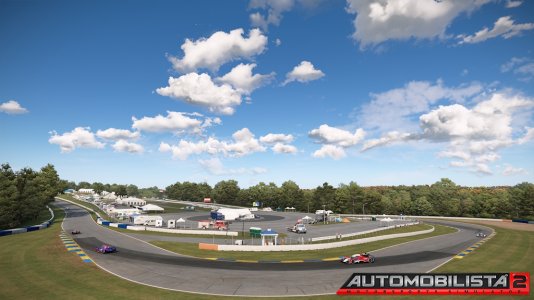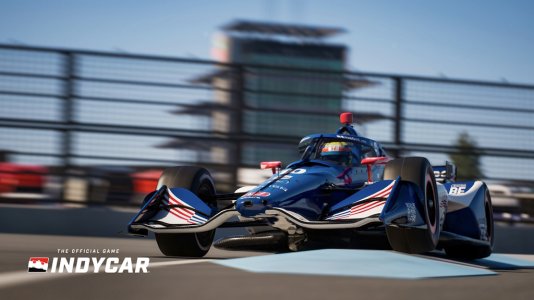F1 Cars would not do well in Indy 500. IndyCars are basically flat out the entire lap. The only thing that comes close to that in F1 is Monza, and that race is not even half the distance of the Indy 500. Not only that but the current Hybrid tech would not work there, because there is little if any braking, so ERS would be dead after a few laps. It would be cool to see some of those V10 engines run in the 500 though. In fact back when the race was more of a constructor race a lot of cars would blow their engines during the race. I remember in 1992 Micheal Andretti was dominating the race in a Honda (almost lapped the field) and then the engine blew up with 5 laps to go.
For average speed around a road course nothing beats F1, not even Indy Car (but Indy Car is much better suited to Oval racing where the average speeds are much higher and there is less braking involved). The P1 class in WEC is still about 5 seconds off the pace around Spa compared to F1 in ultimate pace, but as was mentioned the do go for much longer distances. I see WEC as the true test for road car technology, because reliability and longevity are the most important things that go into a road car that the general public will buy and drive.
IndyCar is basically a spec series, so they can't really push the boundaries of performance anymore (although they once did) like F1 does, and the current cars pretty much suck at the street courses, but they are unbeatable on the Oval tracks. I went to a race a Auto Club Speedway a couple of years ago, and it was very exciting with a lot of wheel to wheel action. Average speed around that 2-mile oval was 220 mph, and there is display at turn 1 that shows the speed traps, and the cars topped out at around 230 mph, but averaged around 223 mph over a long run. That is some serious speed. I don't think today's F1 cars could maintain that kind of pace on that track for that much distance (500 miles).
Compared to F1 NASCAR tech is basic, but if you look closely at what they do you will see that they have some pretty advanced technology too. They pioneered the use of shaker rigs to tune the suspensions. The push-rod V-8 engines may seem crude and low tech, but there is a lot of engineering put into them. Each cylinder on these engines is tuned for maximum output and efficiency, and they have to last an entire race weekend running over 9000 RPM (and this is a 5.7 liter engine so the stroke is much longer than the F1 V8 was) for what adds up to probably about 800-1000 miles. The safety features on the race tracks they run on (SAFER barrier) are very advanced, and something I'm surprised F1 doesn't use at some of the classic track layouts rather than having miles of runoff like they do now.










